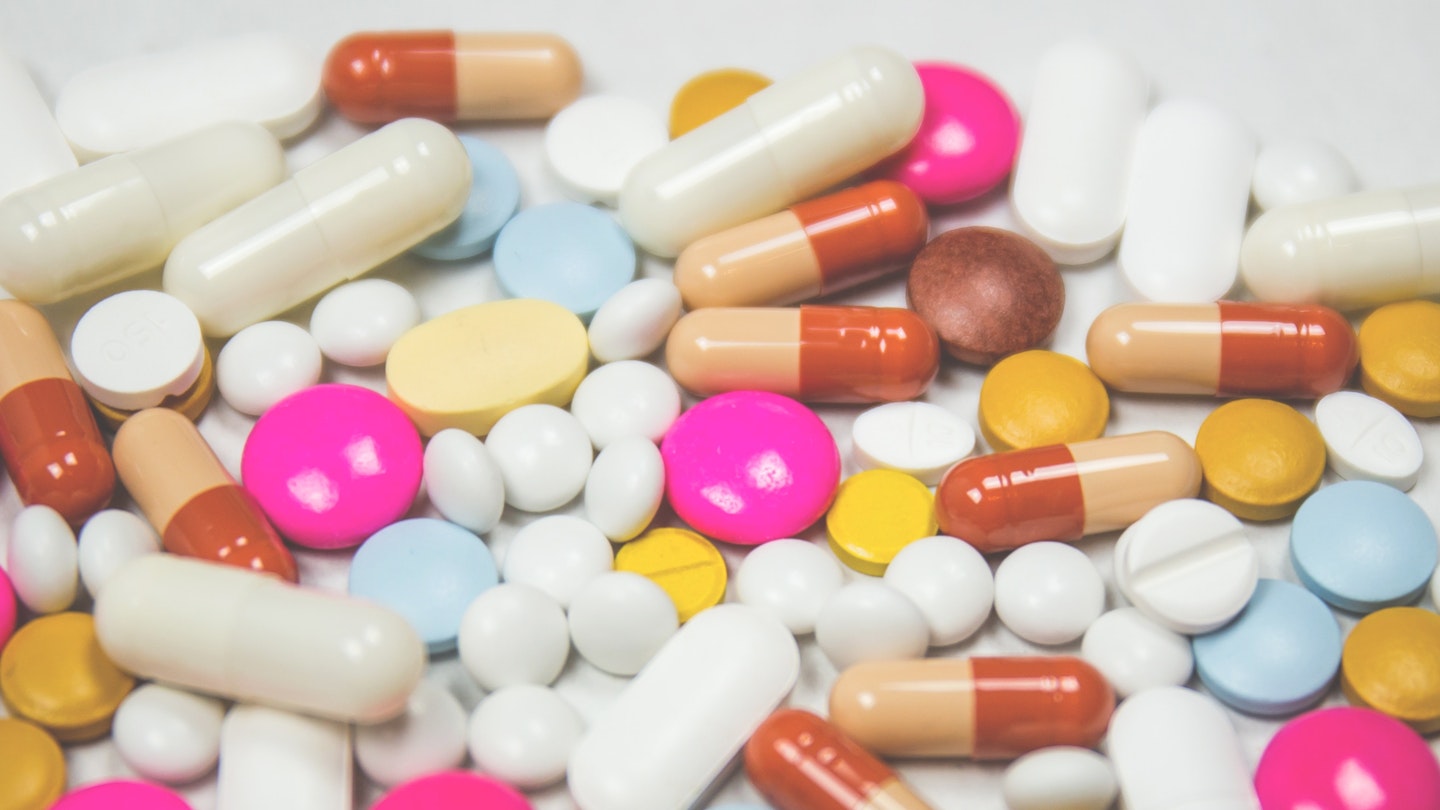Sobbing uncontrollably with my friends last month, I brought them up to speed on yet another hormonal nightmare. They're used to this - a hysterectomy at the age of 31 kickstarted surgical menopause and they’ve supported me through many an emotional rollercoaster so far. But this latest low oestrogen episode has been particularly harrowing.
Cutting a long story short, in 2015 I had a hysterectomy to treat horrific endometriosis and adenomyosis symptoms. Since then without doubt my health has vastly improved. But I naively underestimated how brutal its sequel: The Surgical Menopause, would be.
Hormone Replacement Therapy does what it says on the tin - it boosts diminished hormone levels caused by the menopause. When it works, the drug relieves menopausal symptoms, which include hot flushes, reduced sex drive, mood swings, depression, hot flushes, night sweats, insomnia and anxiety. Also reducing the risk of osteoporosis and cardiovascular disease. Because I went into surgical menopause in my early thirties, there’s no question that I will need HRT for a couple more decades.
After some agonising trial and error, I finally reached HRT harmony last year, and when I did felt like me again. Yes, wine would trigger night sweats and I still felt traumatised by the loss of my uterus, but life was good and my mood on an even keel.
Then came the biggest blow of all: I was told that pill type had been discontinued.
I’ve been searching for another hormone Holy Grail ever since. I hated patches because it felt like a soggy plaster was permanently attached to my arm, plus the bloating brought with it a faux preggo belly.
Another tablet resulted in swollen, painful joints, caused by a synthetic ingredient. The bed sheets stank of menthol-scented muscle rub, and my bones clicked with the slightest movement. It felt like I had to choose one side effect over another, in a cruel menopause symptom roulette.
I’ve longed so many times for the pre-menopausal me.
Eventually I went on to another pill and I’m slowly feeling more hormonally stable again, but I live in fear of that one being discontinued too. Getting the hormonal balance right for myself and many other menopausal women can literally mean the difference between whether we can cope with daily tasks or not.
I can’t emphasize enough how debilitating these symptoms are.
There is currently a national HRT shortage, and it is causing widespread pharmaceutical mayhem.
In a statement released today, Robbie Turner, Director of Pharmacy at the Royal Pharmaceutical Society says, ‘There are ongoing supply problems for some types of HRT caused by manufacturing issues. Pharmacists are doing their best to track down supplies wherever possible.’
He continues, ‘There are alternative HRT products available. Some are equivalent to ones in shortage, but it’s not possible to provide this in every case. Any woman affected by the shortage should speak to her pharmacist or doctor, who should be able to suggest short-term replacements till their usual treatment becomes available again.’
Trying to find the right HRT medication is a hugely gruelling challenge to navigate. This fresh worry about not being able to access the one you've managed to get used to only compounds how acutely distressing the whole process is.
In the current climate, it’s impossible to discuss these shortages without instantly thinking of our no deal Brexit pandemonium. This then sparks a very real fear that supply problems could be affected further by ongoing uncertainty.
Menopause specialist Dr Louise Newson explains: ‘Talk of Brexit could certainly have affected HRT supply because people are stockpiling medication in the event of manufacturing issues, meaning pharmacists run out sooner due to increased demand, but this hopefully shouldn’t be a long-term cause for concern. It’s worth noting that another reason could be simply more women seeking out HRT due to increased media coverage about the medication’s benefits.’
Dr Newson is an advocate for raising awareness about the importance of HRT, stressing that no alternative is available and ‘the long-term risks of not having these hormones cannot be ignored.’
With a no deal Brexit meaning immediate adjustments would be made, without any thinking time for businesses and manufacturers, the idea of its pharmaceutical supply impact terrifies me. Whereas the transition period of a new deal potentially brokered by BoJo and co may buy more breathing space for a contingency plan. And even an opportunity for supply to catch up with demand would be helpful, as agreed by Dr Newson.
It remains to be seen how this will unfold, but in the meantime, The Royal Pharmaceutical Society offer reassurance that temporary shortages like this are common, so we may not need worry after all. And just like I’ve fought for during my own HRT experience, other women should feel able to do the same.
Dr Newson urges, ‘if women aren’t getting the right advice from their own GP, they should seek a second opinion from another medical professional who really understand the issues at hand.’
